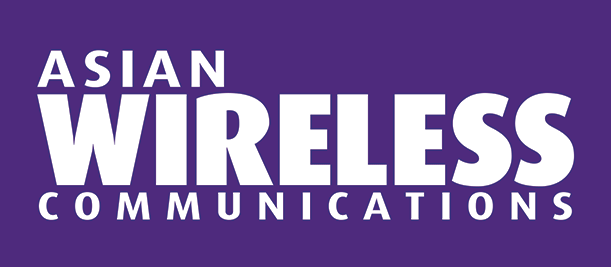10 October 2023
Wireless traffic is expected to increase 80 times over between 2020-2030, necessitating upgrading and securing wireless resources for optimum use.
While investing in new cell towers is one way of managing this expected boom in traffic, wireless LANs and private 5G networks also hold a potential route, while minimising costs. Tokyo, for example, has around 20 times more wireless LAN access points than are required; however, sharing that access is problematic due to challenges in security and usage efficiency.
To address these challenges, NTT has conducted tests connecting users to wireless access equipment with blockchain technology, targeting a reduction in power consumption for service providers.
In a world first, the company used blockchain to create a one-time contract enabling users to access any wireless access equipment. It used a mechanism for conducting secure blockchain-based transactions between individuals and wireless access providers, meaning that the operators of the WiFi access point gets paid and the users get connected.
The trial enabled each radio base station to use blockchain-ledger information to smooth out the number of terminal connections in a decentralised and autonomous manner and improve communications quality (technology for improving use of radio resources).
According to NTT, its proposed sharing technology could boost wireless providers’ income, lower the cost of investment in facilities, and reduce radio wave interference and energy use. It said that the technology can lower the “cost of constructing a shared system since a decentralised autonomous blockchain system negates the need for centralised control stations.”



